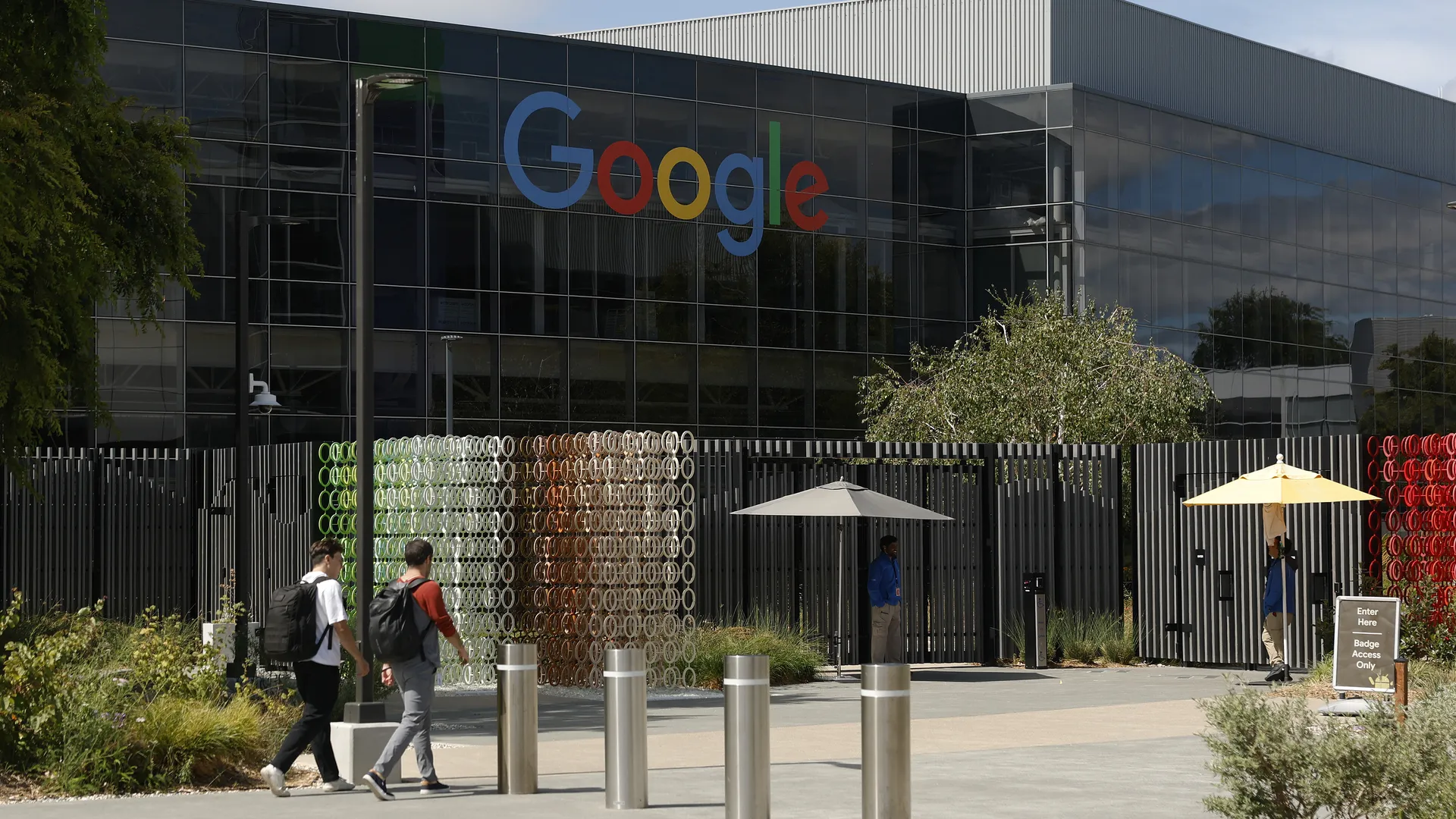A Court Ruling That Saves Google, But Doesn’t Save Its Future
In a pivotal antitrust case, a U.S. federal judge rejected the Justice Department’s demand that Google divest its Chrome browser and break key default search agreements. The court ruled that such structural penalties weren’t necessary—or beneficial—in an era where generative AI tools like ChatGPT, Perplexity, and Anthropic’s Claude are rapidly reshaping online information access.
This decision avoids a blow to Google’s core business, sparing its dominant search and browser offerings from dissolution. But legal breathing room doesn’t guarantee Google a future-proof strategy.
The Bigger Competitive Forces at Play
Here’s why Google’s challenge extends far beyond the courtroom:
| Dimension | Details |
|---|---|
| Shifting Competitive Landscape | The rise of AI-powered information systems is fundamentally altering how people search, accelerating a long-term decline in traditional search dominance. |
| Strategic Inertia | Google’s legal victory preserves the status quo—but risks entrenching an outdated business model as emerging players move faster in AI innovation. |
| Legacy vs. Innovation | The company’s vast data archive and advertising engine are powerful—but may now inhibit bold pivots needed to remain relevant in a post-search world. |
Lawyers, analysts, and even other courts have acknowledged that AI might be a stronger check on Google’s dominancethan any legal remedy. This raises a provocative question: Will Google adapt rapidly enough to outpace disruptive AI competitors? Or will it be sidelined by its own legacy systems that now bear the weight of history more than the promise of what’s next?
Final Thought
Despite sidestepping structural penalties for now, Google faces a more existential test: can it transform from a search-empowered giant into an AI-first innovator—or will it find itself eclipsed by swifter, more agile newcomers?





